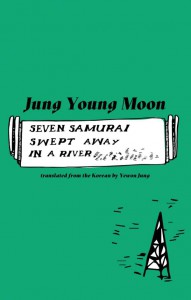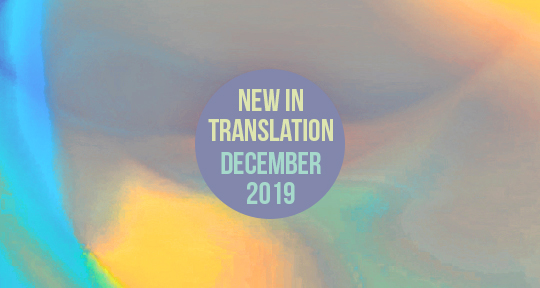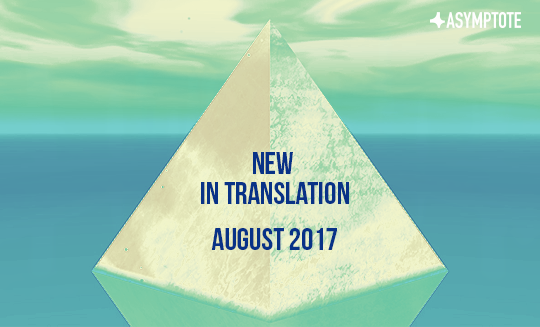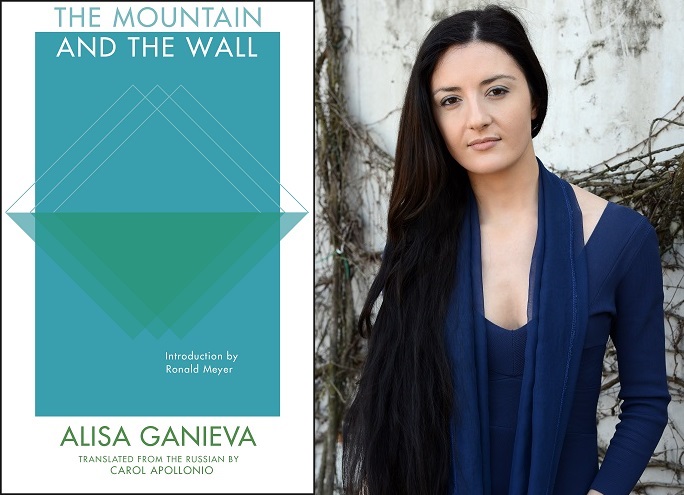It has been a wonderful year of covering, dear reader, the most fascinating translated works of world literature. Today, we are back with three more varied and exceptional books. Below, find reviews of a discursive and genre-bending Korean work, a powerful Uzbek novel that traverses existential questions of migration and hybridity, and the intimately potent lines of a young Argentine poetess.

Seven Samurai Swept Away in a River by Jung Young Moon, translated from the Korean by Yewon Jung, Deep Vellum Publishing, 2019
Review by Jacqueline Leung, Editor-at-Large for Hong Kong
To Jung Young Moon, the author of Seven Samurai Swept Away in a River, meaninglessness is a more accurate portrayal of reality than contrived narratives. Continuing the fascination of Vaseline Buddha, one of his earlier novels which delves into the mind of an insomniac writer, Moon experiments with how the novel as a genre may go beyond the typical constituents of character, plot, and structure, and whether or not readers are able to find enjoyment in navigating largely banal thoughts and experiences.
Set in Texas, where Moon did a residency in 2017 (specifically, in Corsicana, which he refers to as “C, a small town near Dallas”), Seven Samurai culminated from his desire to write about the state. But Moon does not know much about Texas, nor does he pretend to do so. Meandering through a list of stereotypes, from the assassination of President John F. Kennedy to cowboys to the disdain for adding beans to chilli, Moon does not so much feature Texas as a place of interest, but rather as a springboard for his endless ruminations that find beginnings in almost anything, but that ultimately lead nowhere. READ MORE…



